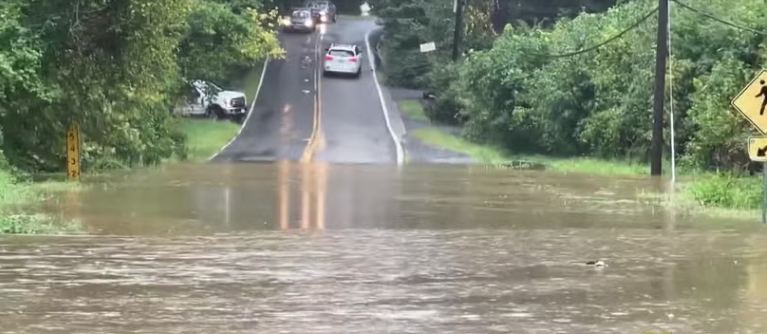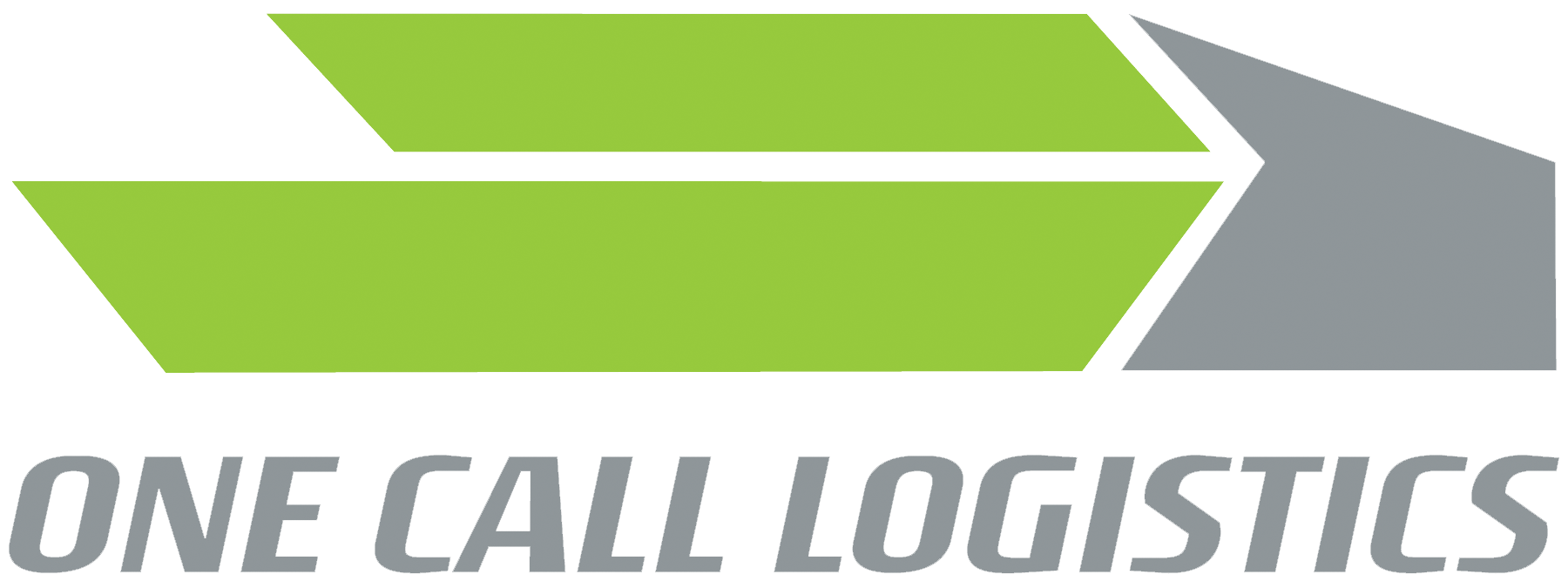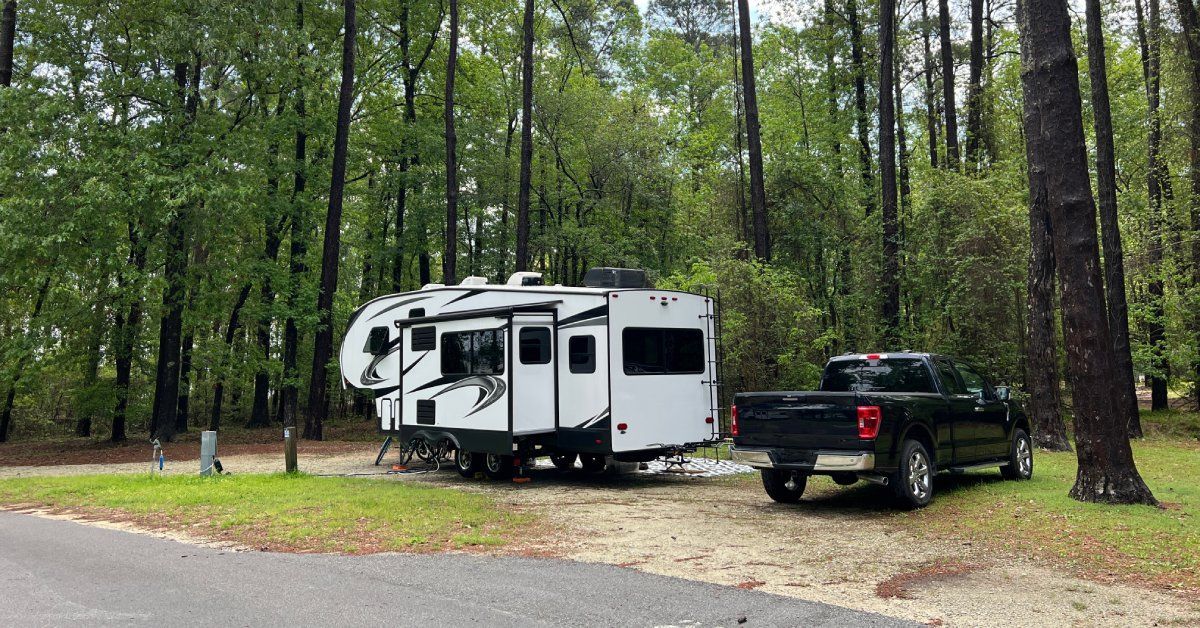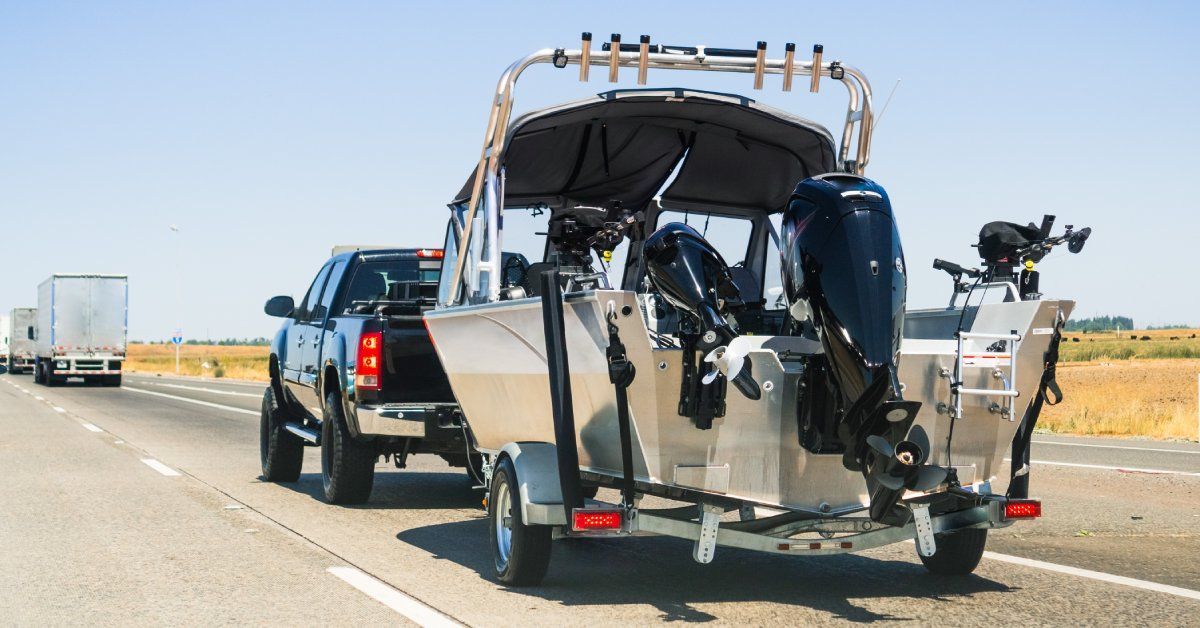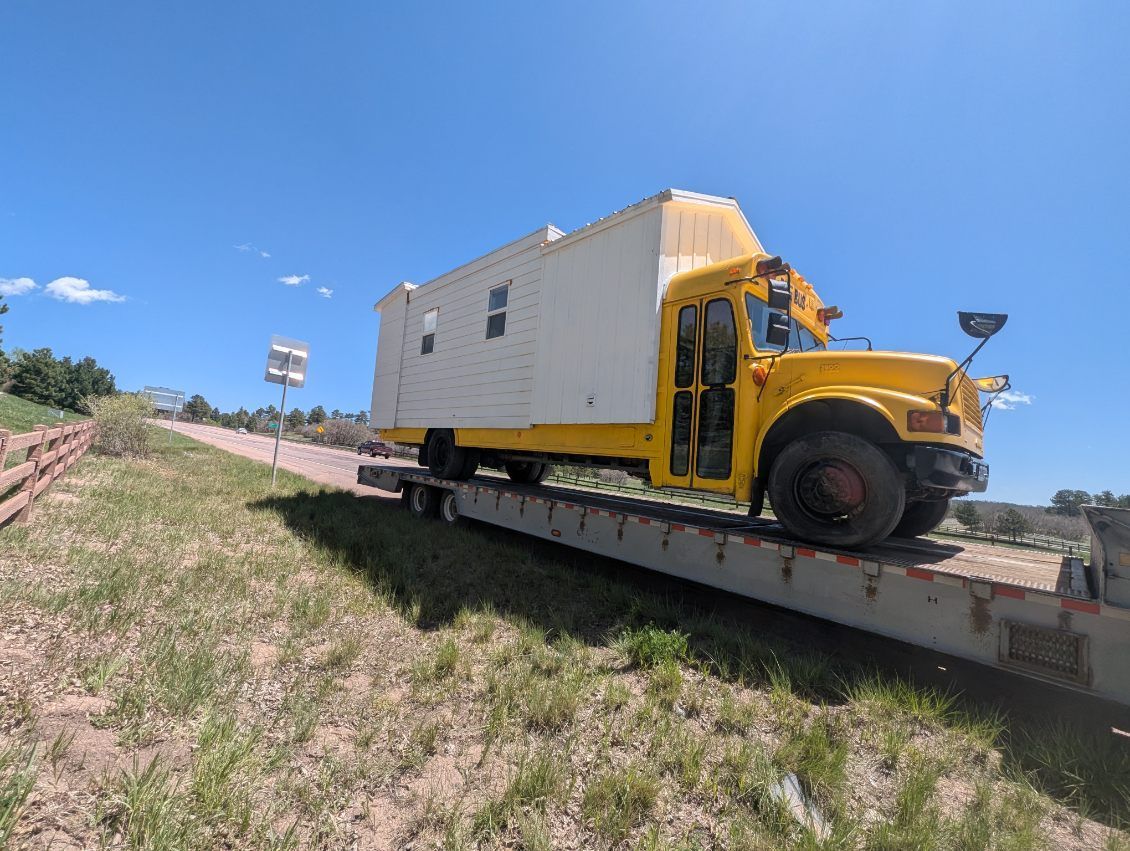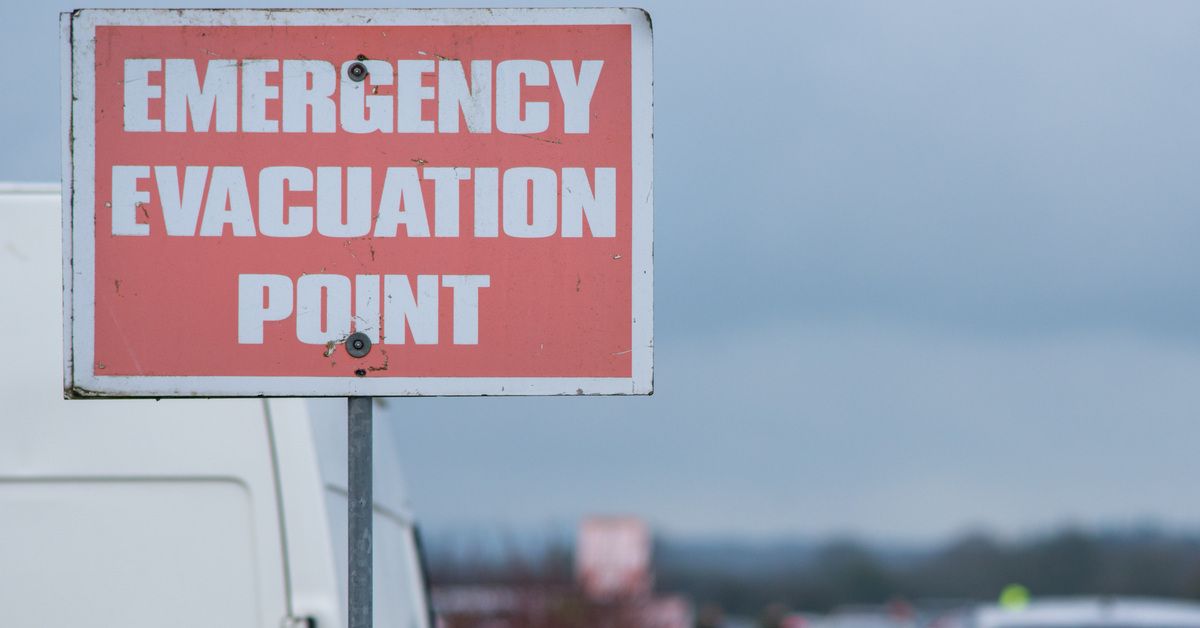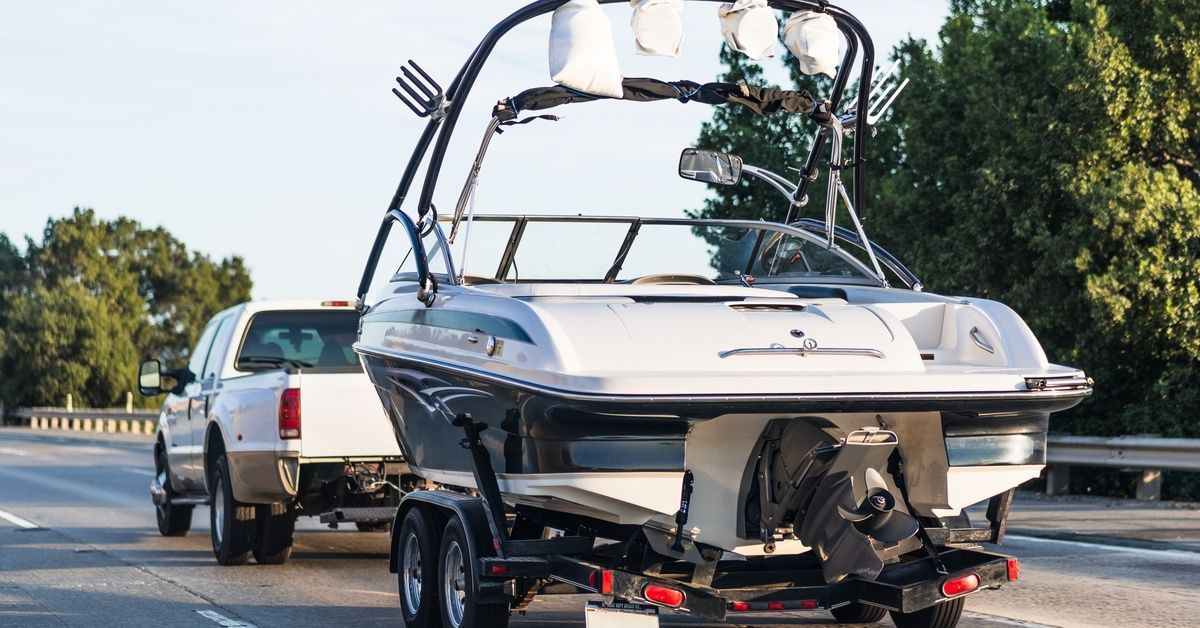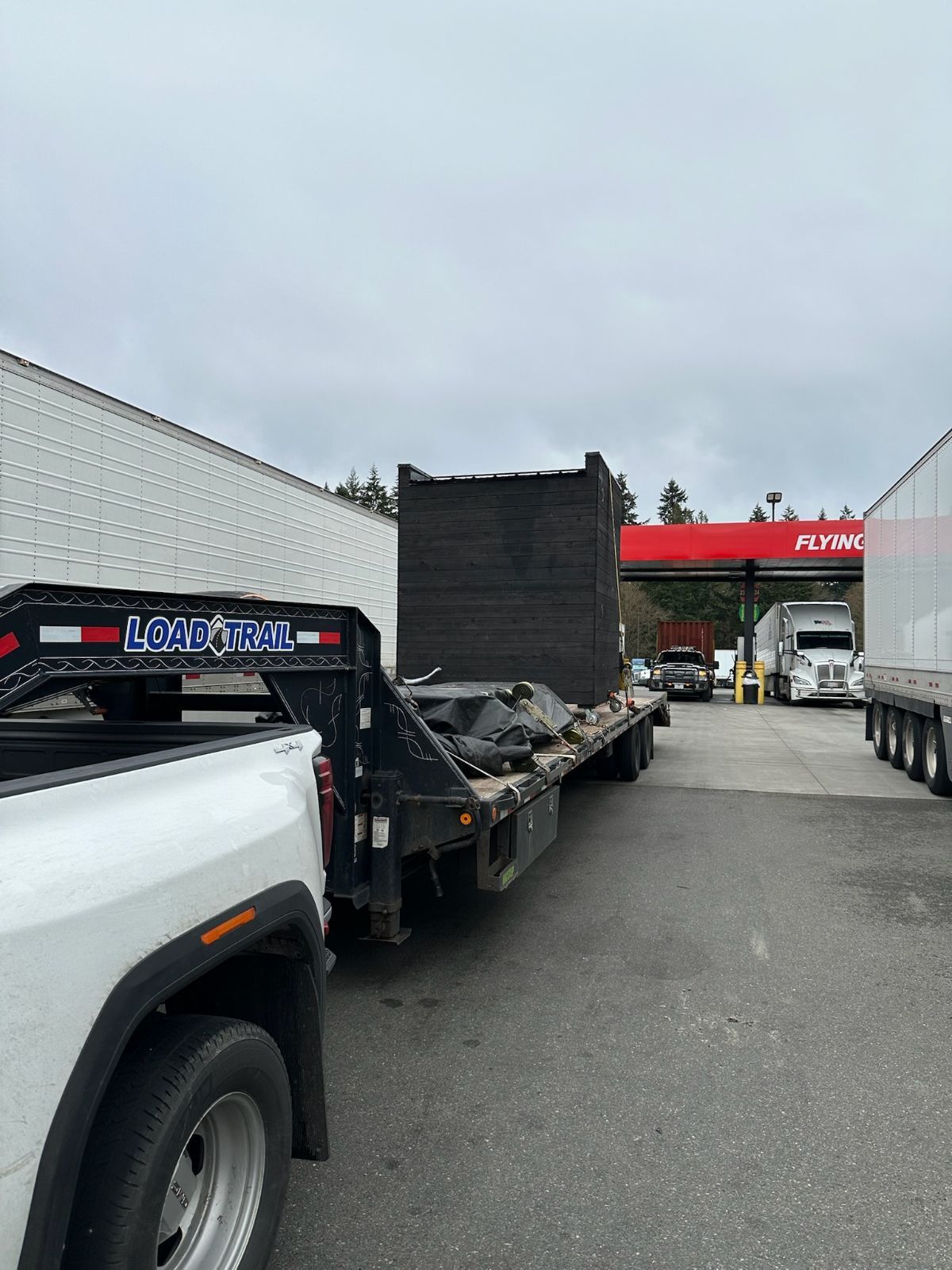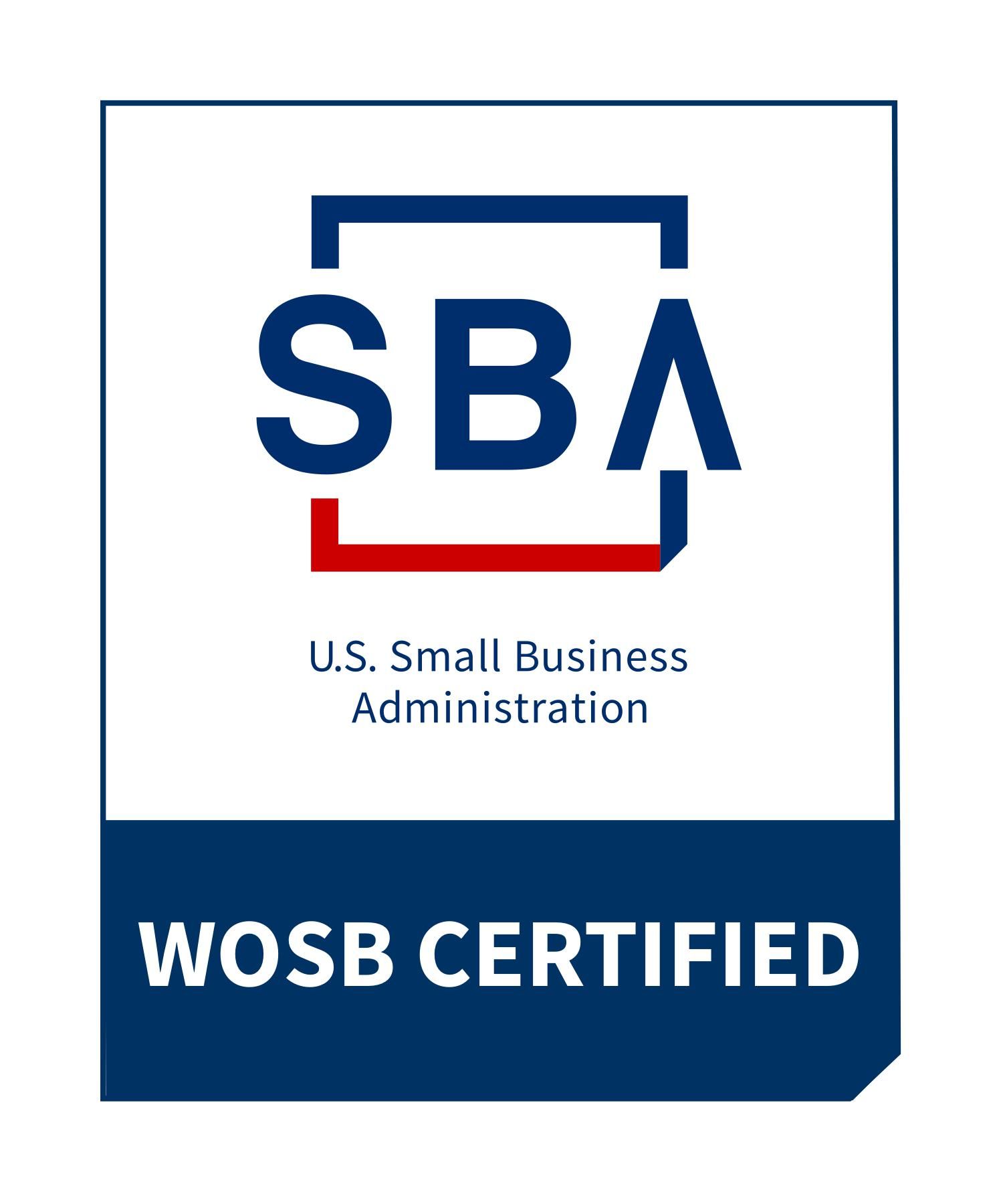Hurricane Preparedness for RV Owners: A Guide to Staying Safe and Secure
- By Amy Harper
- •
- 03 Apr, 2025
- •
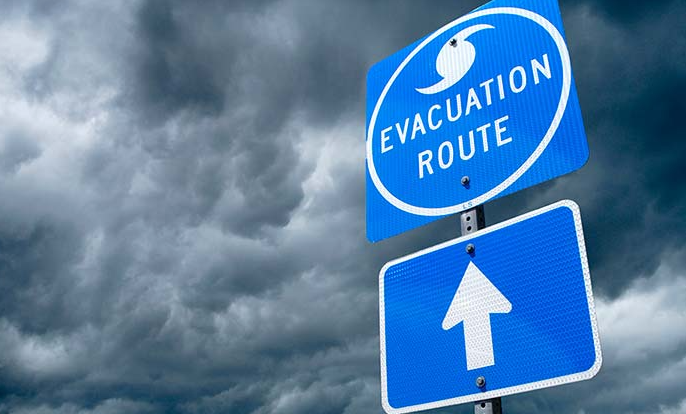
Hurricane Preparedness for RV Owners: A Guide to Staying Safe and Secure
When hurricane season rolls around, RV owners must be extra vigilant about preparing their vehicles for extreme weather. The combination of mobility and vulnerability makes RVs both a blessing and a curse during storms. While it’s tempting to stay in your RV, it’s important to take extra steps to ensure both your safety and the safety of your vehicle.
Whether you're a full-time RVer or just using your RV for weekend getaways, here's a comprehensive guide to help you prepare for hurricanes and stay safe during the storm.
- Know Your Hurricane Risk Zone
- The first step in preparing your RV for hurricane season is understanding the risk level in the area where you’ll be. Coastal areas and regions prone to storms should always have a plan in place. If you're traveling or camping in a high-risk area during hurricane season, be prepared to evacuate immediately.
- Check with local authorities for evacuation routes and shelter locations. Always be aware of weather forecasts and early warnings provided by the National Hurricane Center (NHC).
- Prepare Your RV for High Winds and Flooding
- RVs are more susceptible to high winds, flying debris, and flooding than stationary structures. Here's how to minimize the damage:
- a. Secure Your RV
- Anchor your RV: If you're parked at a campsite, ask the staff about specific guidelines for securing RVs in case of a hurricane. You can use tie-downs or stabilizers to anchor your RV in place.
- Check tires: Make sure the tires are properly inflated and in good condition. In case you need to move your RV quickly, you want to ensure it’s roadworthy.
- Protect your awnings: Strong winds can easily tear off RV awnings. Retract or remove any awnings to avoid damage.
- Close all windows and vents: Ensure that windows, vents, and doors are tightly sealed to prevent water from entering and damaging the interior.
- Trim nearby trees: If you park in an area with trees or overhanging branches, trim them back before the storm to reduce the risk of debris hitting your RV.
- b. Flood Preparedness
- Elevate your RV: If you are in an area prone to flooding, consider parking your RV in a location that's on higher ground or away from flood-prone zones. Some campgrounds may have designated higher grounds for flood-prone areas.
- Waterproof seals: Check the seals around windows and doors to ensure they are intact. This will prevent rainwater from entering your RV during the storm.
- 3. Create an Emergency Plan
- It’s critical to have a detailed emergency plan in place in case you need to evacuate or seek shelter.
- a. Know When to Evacuate
- Monitor weather reports and pay attention to hurricane warnings. If the storm is approaching, make sure you're prepared to leave at the first sign of danger. Never wait until it's too late—by then, roads may become impassable, or evacuation routes may be closed.
- b. Plan Your Route
- If you're traveling in your RV, have a plan for where you’ll go if you need to evacuate. Know the evacuation routes and how to get to the nearest hurricane shelter or safe zone. Use apps or websites like Google Maps and Waze to stay updated on road conditions.
- c. Pack an Emergency Kit
- Pack a go-bag with the essentials you'll need in case of evacuation:
- Water and non-perishable food
- First-aid supplies
- Battery-powered radio
- Flashlights and extra batteries
- Medications and personal hygiene items
- Chargers and power banks for electronics
- Important documents (insurance, ID, medical records)
- d. Consider a Backup Power Source
- While you're on the road, it's helpful to have a portable generator or solar-powered system in case of power outages. This can help keep essential devices like medical equipment, phones, and lights running during and after the storm.
- 4. Having a Logistics Company on Standby
- Even with all the planning in the world, sometimes it’s hard to predict how quickly a hurricane can escalate, and getting out of harm’s way might not always be as simple as jumping in the RV and driving away. In such situations, it’s a good idea to have a logistics company on standby, like One Call Logistics, to assist in getting your RV to safety.
- These companies specialize in transportation logistics and can provide a lifeline when you're faced with a last-minute evacuation. Here’s how working with a logistics company can help:
- Rapid Response: Logistics companies like One Call Logistics can act quickly, ensuring that your RV is safely relocated, especially if you're in a vulnerable area. They can arrange for towing, transport, or even advise on safer routes to take.
- Evacuation Assistance: If you can't move your RV yourself or need an extra hand, these services can help guide you to safety and ensure that your vehicle is transported to a safer location if you're unable to drive it yourself.
- Custom Solutions: A logistics company can provide custom solutions based on your unique situation—whether that’s finding a safe place to park or helping you make logistical decisions in real-time.
- Prepare Your RV's Interior
- During a hurricane, the interior of your RV can be just as vulnerable as the exterior. Here’s how to secure it:
- a. Secure Loose Items
- Before the storm hits, take a few minutes to go through your RV and secure any loose items inside. This includes furniture, kitchenware, electronics, and personal belongings. Flying debris inside your RV could cause significant damage or injury.
- b. Protect Valuables
- If you're evacuating, make sure valuables such as documents, electronics, and important personal items are packed and ready to go. Consider keeping them in waterproof bags or containers to ensure they stay dry in case of flooding.
- c. Refrigerator Preparation
- Keep your refrigerator and freezer stocked with essential items. If you need to evacuate, make sure the fridge is unplugged, and store perishables in coolers with ice. If power is lost for an extended period, these steps will help preserve food.
- Insurance and Documentation
- Make sure your RV insurance covers hurricane-related damage. Review your policy before hurricane season begins to ensure it includes comprehensive coverage for storm damage, flooding, and theft. Keep a copy of your insurance policy and other important documents in a waterproof container.
- Stay Informed
- Staying informed is key when it comes to hurricane preparedness. Regularly check weather apps and local news broadcasts to track the storm's progress. Many RV parks will also provide updates, so it’s a good idea to stay in close communication with the management if you're parked at a campground.
- Consider subscribing to emergency notification services or weather apps that provide real-time alerts for hurricanes and other severe weather events. Early warnings can help you make informed decisions about when to evacuate.
- If You Need to Leave, Don’t Hesitate
- RVs are not the safest place to be during a hurricane, especially if the storm's path is unpredictable. If a hurricane is making landfall, or if authorities issue an evacuation order, don’t wait. Secure your RV, gather your emergency kit, and hit the road as soon as possible.
- Conclusion
- Hurricane preparedness for RV owners is all about planning ahead and making sure both your RV and your personal safety are top priorities. Whether you’re a seasoned RVer or a beginner, knowing what to do before, during, and after a storm will help you keep yourself and your RV safe.
- With the right preparations, you can ride out the storm and get back to enjoying your adventures as soon as it's safe. Having a logistics company like One Call Logistics on standby can also provide that extra peace of mind, ensuring your RV is safely relocated if you need assistance. Stay safe, stay informed, and don’t underestimate the power of a good emergency plan.
